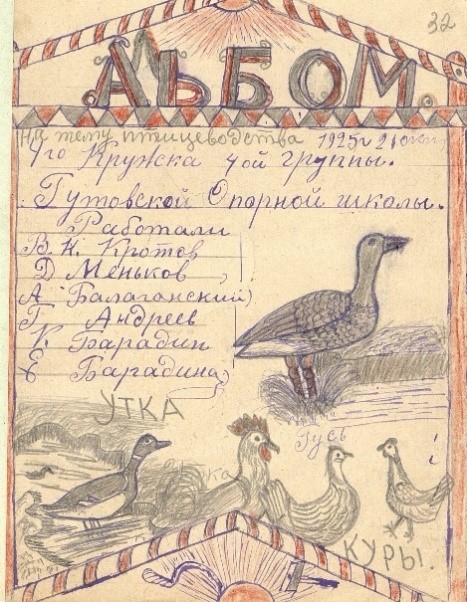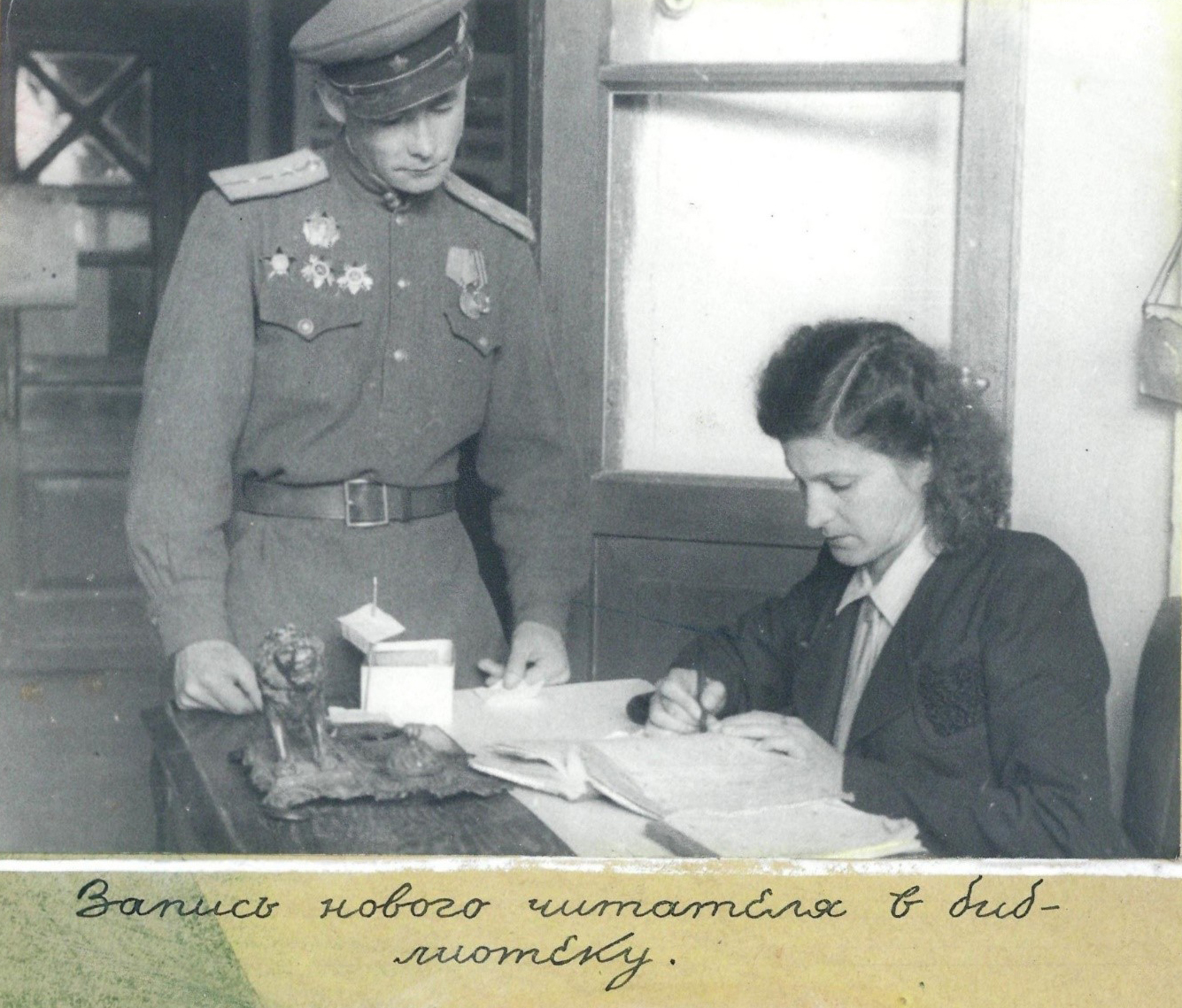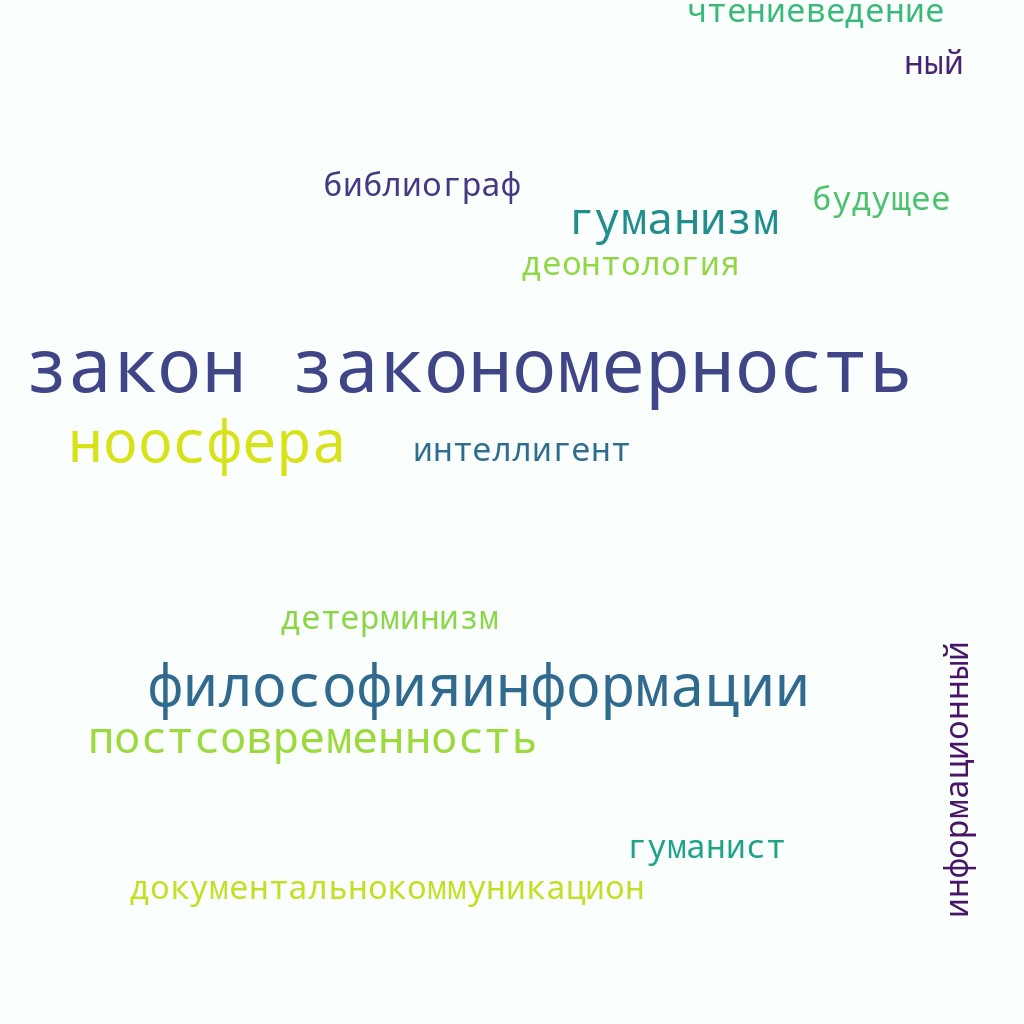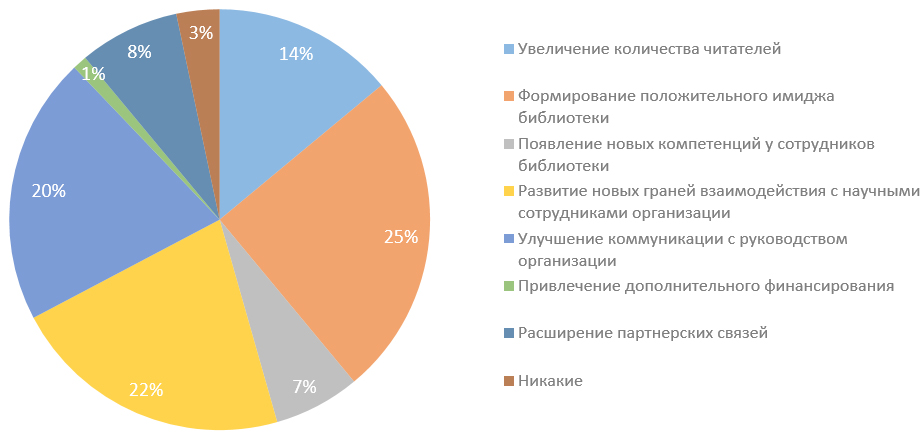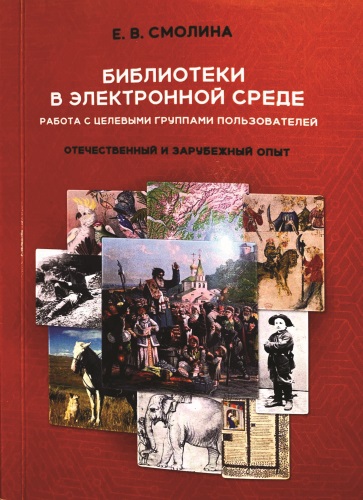
The scientific journal «Proceedings of SPSTL SB RAS» is a reviewed edition of open access published four times a year. It publishes scientific materials on book culture development, library science, bibliography and book study, information systems. The journal enters the List of reviewed scientific editions in which the basic scientific results of dissertation thesis for competition on scientific degree of the Candidate of Science and Doctor of Science (from 27.06.2023) on specialty 5.10.4. – Library Science, Bibliography and Book Science (Historical Sciences, pedagogical Sciences) must be published. The main headings of the journal: Book Heritage and Book Culture; Library science, bibliography: theory and methodology; Information and library systems, resources and technologies; Lifelong library education; Bibliometry, scientometrics, webometrics; Surveys, reviews, discussions; Information; Ad jubilaeum. Articles are published mainly in Russian with obligatory annotations and lists of references in English; materials in English are also published.
The journal is designed for theorists in the field of library science, bibliography and book science; practitioners of library and information activities; post-graduate students and students mastering the specialty "Library and Information Activities", audience of institutions of the system of additional professional education, as well as all those interested in library problems.
Editor-in-Chief – Doctor of Pedagogical Sciences Artemyeva Elena Borisovna, SPSTL SB RAS.
All issues of the journal (since 2005) are available in the electronic format on the site of the journal, in eLIBRARY.RU. Articles are given DOI.
The founder of the journal is the State Public Scientific Technological Library of the Siberian Branch of the Russian Academy of Sciences. The Editorial Board and the Editorial Council include leading experts from the largest scientific libraries, specialized universities in Russia and abroad. The journal is registered with the Federal Service for Supervision of Communications, Information Technologies and Mass Communications (Certificate of registration PI No. FS 76195 dated July 8, 2019) and has been assigned the international standard serial number: ISSN 2618-7515 (Print), ISSN 2712-7915 (Online), the journal is distributed by subscription (subscription index for the combined catalog "Press of Russia" - E33034, the subscription index of the catalog of periodicals "Ural-Press" - 33034).
Current issue
EDITORIAL
BOOK HERITAGE AND BOOK CULTURE
LIBRARY, BIBLIOGRAPHY SCIENCE
INFORMATION AND LIBRARY SYSTEMS, RESOURCES AND TECHNOLOGIES
LIFELONG LIBRARY EDUCATION
SUMMARIES, REVIEWS, DISCUSSIONS
Announcements
2025-11-07
Новость: Журнал "Труды ГПНТБ СО РАН" в Белом списке
Журнал "Труды ГПНТБ СО РАН" вошел в Единый государственный перечень научных изданий — «Белый список» и получил 2 уровень. Три из четырех журналов, учрежденных ГПНТБ СО РАН, в Белом списке.
| More Announcements... |



